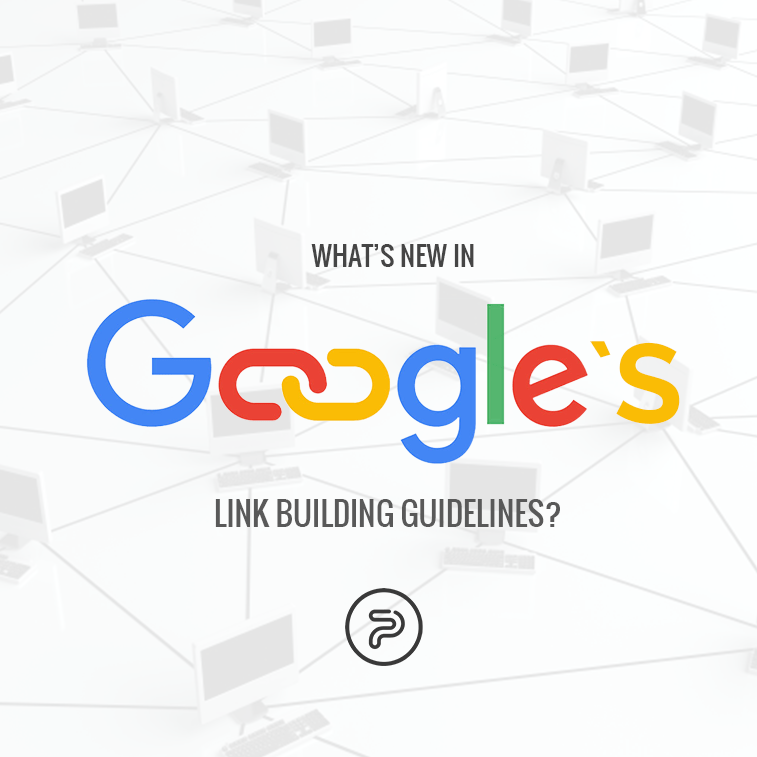Link building is one of the two core activities of every SEO specialist. The second one is writing quality content. Almost a decade ago, it was perfectly normal for a regular Joe to get thousands of unnatural links from a high-authority website and upscale his website in the SERP.
This kind of behavior is now punishable so people need to make an effort and write things people can use and share with other people.
This is basically how Google sees it so if you want to rank on this search engine, you had better abide by their rules. On May 25, 2017, Google updated its link building guidelines. See what is new and what you must not overuse.
What are ‘Link Building Guidelines’?
If you are an SEO copywriter or SEO specialist, then you have probably heard about Google’s link building guidelines which prevent manipulation of PageRank and Google search results.
These tips are curated carefully so as to block link schemes – which are currently banned by Google. So, for example, what many SEO link builders today do is that they look for blogs and websites in a certain niche where they can promote their client’s services. Then they ask or – Google Forbid – pay for a link to their website. Google deems these actions bad because they do not allow the competition to rank for the same term in a fair way.
What’s New and Forbidden?
So, two weeks ago, Google published a reminder on their Webmaster Central Blog about unnatural contributor posts. A reminder, not a new rule everyone was not aware of. What they saw in a recent period was “an increase in spammy links contained in articles referred to as contributor posts, guest posts, partner posts, or syndicated posts. These articles are generally written by or in the name of one website, and published on a different one.”
This means that people wrote an article (or hired someone unknowledgeable of the topic) and reused it on more different blogs, without even putting an effort into writing fresh, new, useful content. Having such spammy links may result in changing the site’s authority, which means it will drop in the SERP or even get a Google penalty.
Do you see the problem here?
But How Do I Earn Links ’Naturally’?
This is a logical question. How do you, then, earn links in a natural way?
Some authors suggest that getting a link should not be your sole purpose because sometimes even mentioning your brand or company is enough for a wider audience to learn about you (e.g. if you are mentioned on a super-famous news site such as The Guardian).
Nevertheless, if you are aiming for links and higher rankings, maybe it would not be so bad to read Google’s guidelines one more time. There they clearly state that you should “focus on improving your site’s content and everything – including links – will follow (no pun intended).”
Thus, your website/blog content should be as follows:
- Free from content stuffed with keywords.
- Not republished on many different websites.
- Written by experts in the field who can give useful insights and actually help your audience.
- Free from duplicate content which can be found on your website with the same or similar wording.
So, if you are still planning to accept guest posts on your blog, make sure that these are relevant to your audience, see if their content is useful, and if there are too many external links – use rel=”nofollow” attribute to clear off any possible doubt that you are trying to trick Google.
Back to you. What do you think about this Google’s reminder? Have you used some of the banned link building techniques? Tell us in the comments below.





